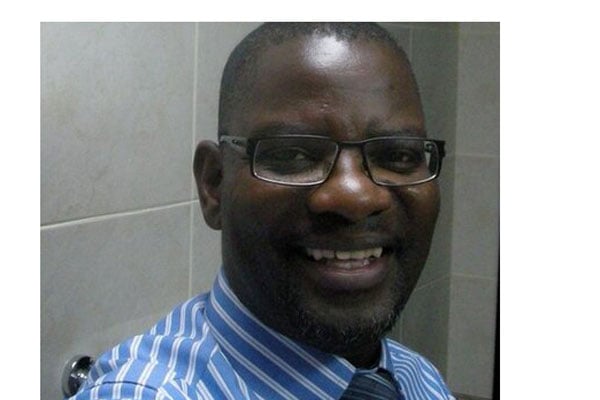Nabbanja’s critics owe her apology for saying she’s unfit to be PM

Author: Musaazi Namiti. PHOTO/FILE
What you need to know:
- They include Samson Kisekka, Cosmas Adyebo, Kintu Musoke, Apollo Nsibambi, Amama Mbabazi, Ruhakana Rugunda and Robinah Nabbanja, the latest appointee who was confirmed by Parliament’s Appointments Committee earlier this week. Three of these — Samson Kisekka, Cosmas Adyebo and Apollo Nsibambi —
President Museveni has had at least seven Prime Ministers (PM) since he seized power in 1986.
They include Samson Kisekka, Cosmas Adyebo, Kintu Musoke, Apollo Nsibambi, Amama Mbabazi, Ruhakana Rugunda and Robinah Nabbanja, the latest appointee who was confirmed by Parliament’s Appointments Committee earlier this week. Three of these — Samson Kisekka, Cosmas Adyebo and Apollo Nsibambi — have since died.
So when Mr Museveni unveiled his new Cabinet on June 8, sparking criticism and rude jokes on social media, with many casting doubts on the competence of some of the appointed ministers, mainly Robinah Nabbanja, I cast my mind back to the past to see if there was anything exceptional about individuals who had been appointed PM.
Samson Kisekka was a medical doctor and bragged a lot about his profession in his pre-recorded weekly addresses on the UBC, then Radio Uganda. He played some role in the armed rebellion that brought Mr Museveni to power, but many others did. There was nothing exceptional about him.
Cosmas Adyebo had never been anywhere near substantive political leadership. He served as a lecturer at Uganda College of Commerce, Nakawa, which has since been renamed Makerere University Business School, or MUBS. From MUBS, he went on to become the principal of Uganda College of Commerce, Aduku. Mr Adyebo became an MP in 1997, six years after he had been appointed PM.
Had he not been appointed PM, which raised his profile in Uganda, and Kwania in particular, he probably would never have become famous. The most memorable thing about his appointment was that the news found him quaffing malwa, a local cheap brew for the hoi polloi — and he struggled to believe it. There was nothing exceptional about Mr Adyebo.
Apollo Nsibambi was an academic and a professor from Uganda’s best-known university, Makerere. He probably achieved a lot as an academic, but the university where he taught remains, as I wrote in March, a disorganised institution, despite having the highest number of PhD holders.
Kintu Musoke, Amama Mbabazi and Ruhakana Rugunda had served as Cabinet ministers in different ministries before they became Prime Ministers, but nothing changed spectacularly for the better in the ministries they headed. When, for example, Rugunda was Internal Affairs minister, Ugandans paid bribes to get passports. They still do. When he was Health minister, Mulago was a mess. It still is.
Why, then, would Ms Nabbanja be a bad fit for the job of PM? She is a self-made woman, which is probably the most striking thing about her, given the fact that most people in Uganda with decent jobs rarely get them on merit. Going by her CV, she really worked assiduously to get to the top.
Starting out as a sub-county chief, she served as an LC5 councillor, deputy RDC, RDC, MP and Commissioner of Parliament. She has been chairperson of Parliament’s Audit Committee and State minister of Health. Why would someone with this record of achievement be unfit to be a PM?
What have Ms Nabbanja’s predecessors done that she will fail to do? Mr Museveni said he compiles the Cabinet list himself without any advice. If this is true, it means he knows his foot soldiers — people who can serve him well.
The Opposition say some appointments have become useless. But they do not talk about the position of Lord Mayor, which is utterly useless. They say Ms Nabbanja is inexperienced, but their Bobi Wine, who became an MP only in 2017, wants to lead Uganda. Politics is politricks.




